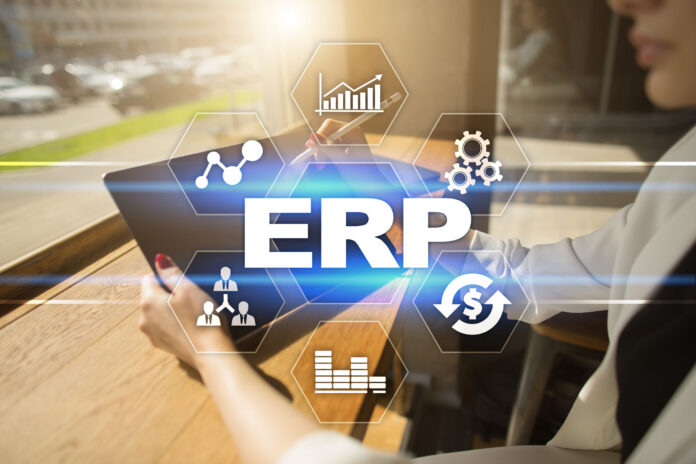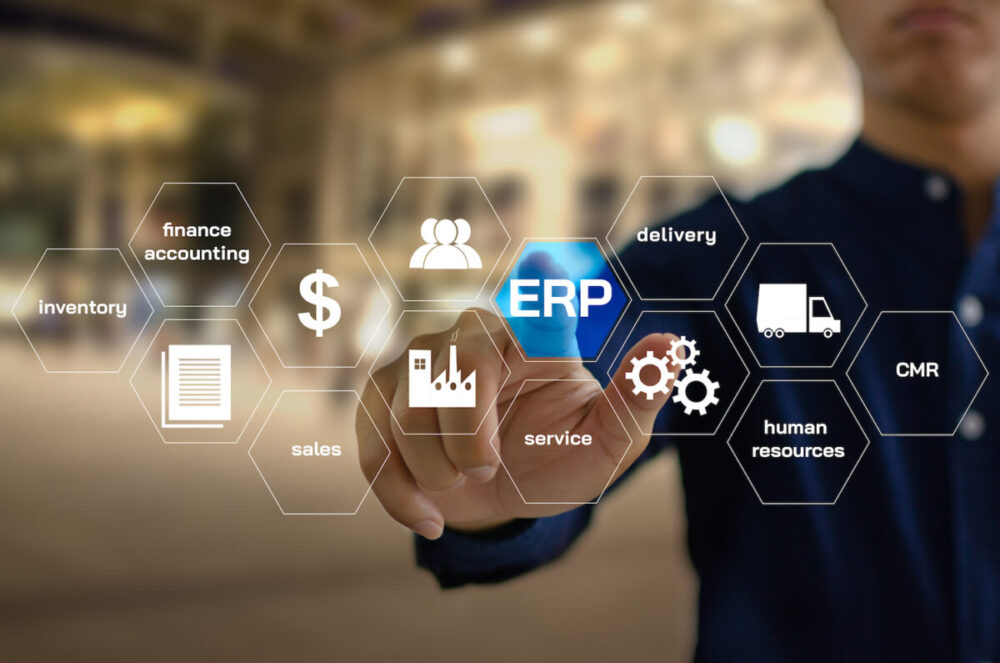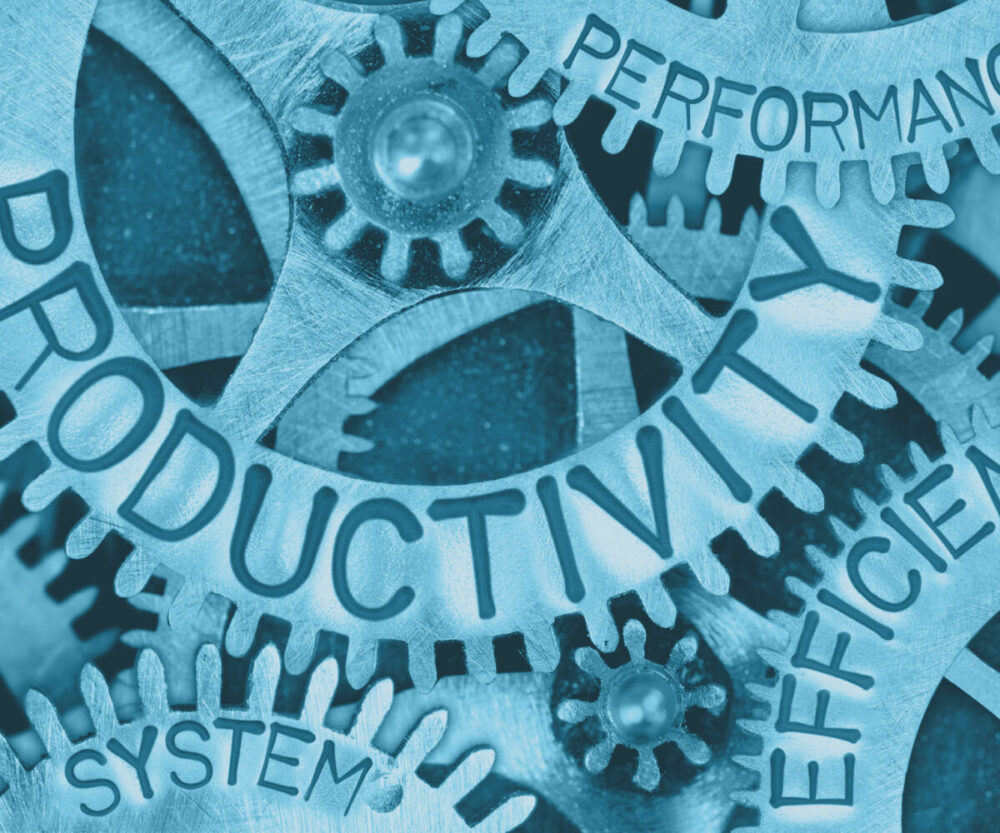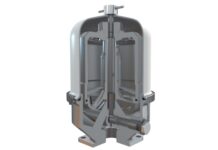
An ERP system is a software solution that integrates all of the core processes and functions of a company onto a single platform. This can include everything from accounting and financials to manufacturing and supply chain management. ERP systems are designed to provide visibility into all areas of the business and to streamline the data flow between departments. By consolidating all company data onto one platform, ERP systems can provide real-time insights that help businesses make better decisions, improve efficiency, and drive growth.
How can an ERP system help businesses?
An ERP system can help businesses by automating and streamlining business processes. It can help businesses keep track of their inventory, manage their finances, and keep track of their customers. An ERP system can also help businesses plan for the future and make better decisions about their business. The best ERP systems in Singapore may help different businesses reach their manifesting goal.
What are the benefits of using an ERP system?

An ERP system is a software application that integrates all the core business processes of an organization into a single system. By consolidating all the different departments and functions of a company onto one platform, an ERP system provides a centralized view of an organization’s overall performance.
The benefits of using an ERP system are numerous. Perhaps the most significant benefit is that it can help to improve efficiency and productivity across the board. With all departments and functions working together on one platform, there is greater transparency and visibility into what everyone is working on. This can help to eliminate silos and duplication of effort, as well as improve communication and collaboration between teams.
Another key benefit of using an ERP system is that it can help to improve decision-making by providing real-time data and insights into all aspects of the business. With accurate and up-to-date information at their fingertips, managers can make more informed decisions about where to allocate resources and how to best grow the business.
Finally, implementing an ERP system can also help to save money in the long run. By streamlining processes and automating tasks, an ERP system can help businesses to cut down on operational costs. Additionally, by having all data stored in one central location,
How do ERP systems work?

Enterprise resource planning (ERP) systems are software suites that integrate and automate key business processes across finance, human resources, manufacturing, supply chain, and other core operations.
An ERP system typically contains a central database that stores data from all the different business processes. This data is then accessible to authorized users throughout the organization.
ERP systems can be used to track and manage inventory levels, sales orders, purchase orders, customer accounts, and much more. The goal of an ERP system is to provide a single, centralized view of all the information that is relevant to running a business.
There are many different types of ERP systems on the market today. Some are geared toward specific industries, like this one (https://www.inecta.com/food-distributor) which is geared toward food and beverage, while others are more general in nature. It’s important to choose an ERP system that will fit the specific needs of your organization.
One of the benefits of using an ERP system is that it can help improve communication and collaboration between departments. For example, if a sales order is entered into the system, it can automatically trigger manufacturing to start work on the order and also notify accounting so that they can begin invoicing for the product.








